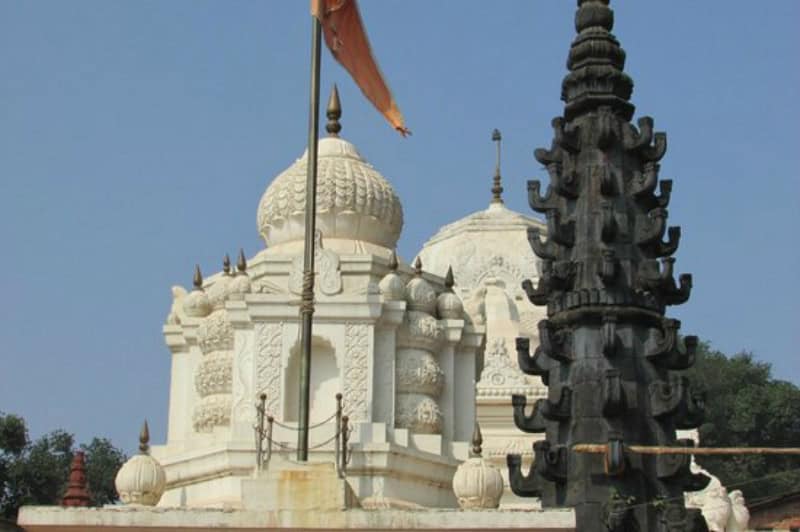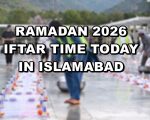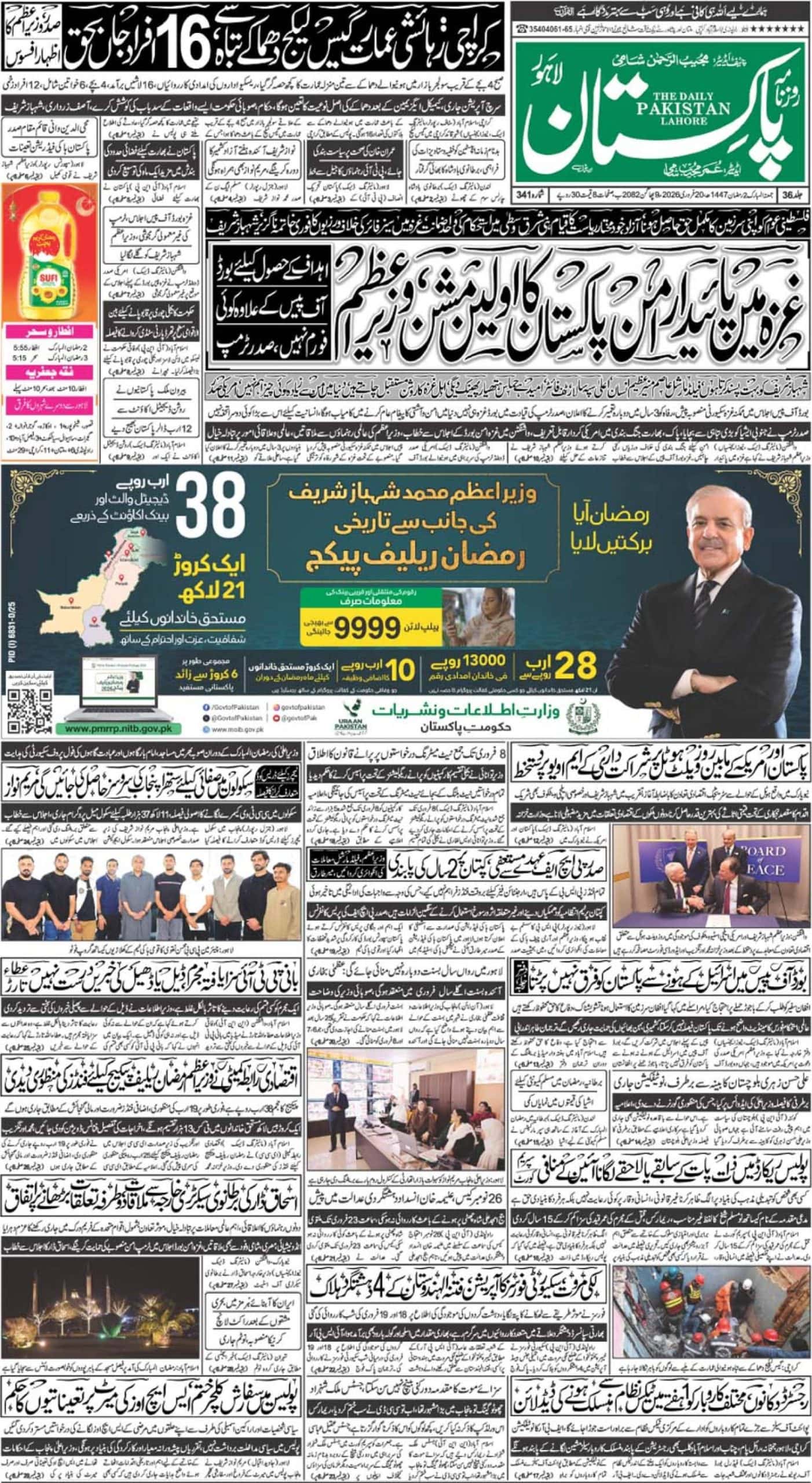DHERADUN (Web Desk) – After nearly 400 years, a Hindu temple in Uttarakhand state of India is going to allow Dalits and women announcing that “everyone will in future be welcome”.
Dalits and women, all in the name of “tradition”, had been barred from entering the famous Parsuram temple in Garhwal’s Jaunsar Bawar region for more than last four centuries.

But Dalit leaders and activists, who had been fighting a bitter battle to end this discrimination, said a greater war is yet to be won as 339 other temples in the region still have the ban.
The word Dalit – literally translating to “oppressed” or “broken” – is generally used to refer to people who were once known as “untouchables”, those belonging to castes outside the fourfold Hindu Varna system. According to the 2001 census, there are some 167 million Dalits (referred to in the census as “Scheduled Castes”) in India alone, , constituting over 16 percent of the total population.
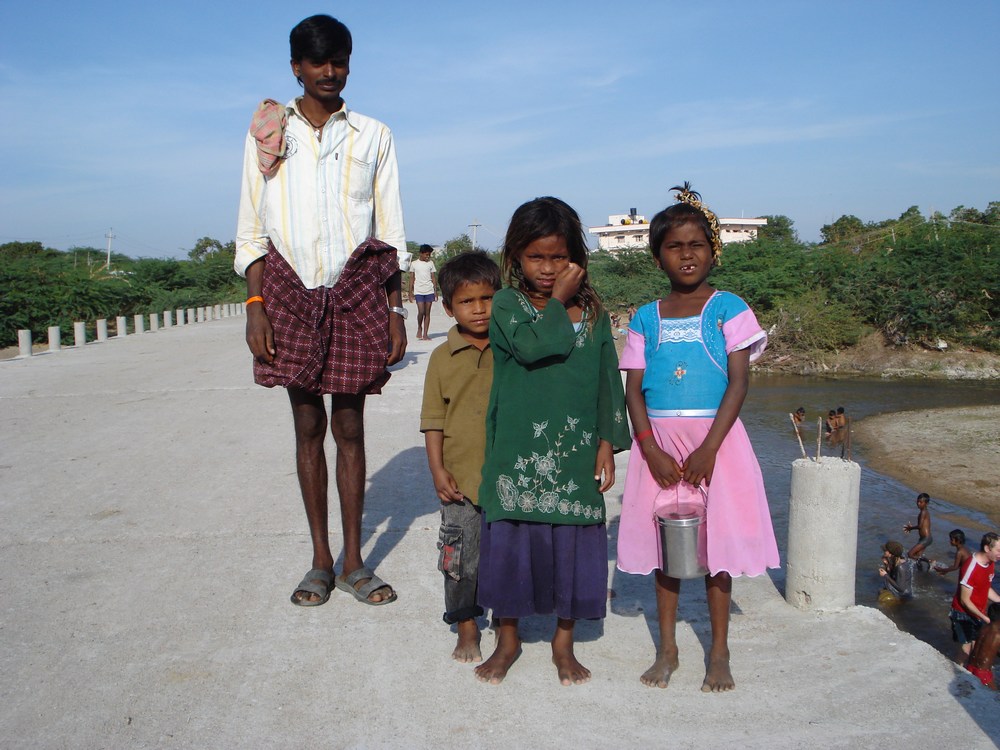
There are tens of millions in other South Asian countries, as well.
The decision, according to the temple’s management, has been taken in a bid to move with the times.
“This region is on the path of progress. Our literacy rate has gone up and people want scenarios to change,” Chairman of the committee, Jawahar Singh Chauhan, told Times of India.
In the past few months, Dalits of the region had held several protests condemning these strictures.
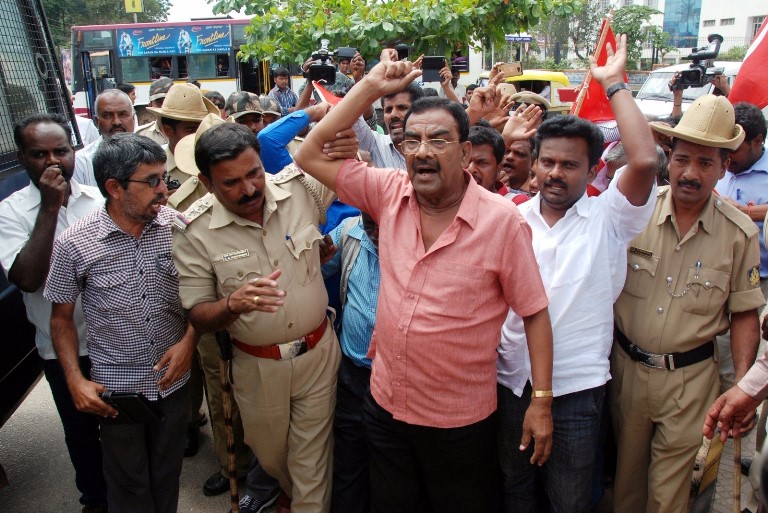
The Parsuram temple announcement has come at a time when debates around restrictions placed on menstruating women from entering Sabarimala has been raging across various platforms.
“Dalits are hesitant to enter the temple premises because of certain beliefs. We want to send them a message that everyone is equal before the Almighty and no one can be stopped from entering a place of worship,” Chauhan added.
Welcoming the decision, Dalit leader Daulat Kunwar said, “They have finally given an official confirmation that the ban has been lifted. We have been raising this issue for the past 13 years. We welcome the move but there are 339 other temples in the region which also need to give their approval for the entry of Dalits.”
Known for its animal sacrifices, the temple has also said that there will no more be slaughter of animals of any kind.
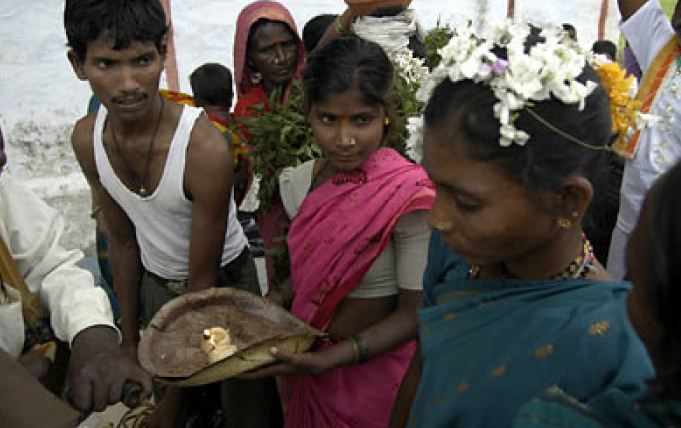
As members of the lowest rank of Indian society, Dalits face discrimination at almost every level: from access to education and medical facilities to restrictions on where they can live and what jobs they can have.
Dalits have been oppressed, culturally subjugated, and politically marginalized. The principals of untouchability and “purity and pollution” dictate what Dalits are and are not allowed to do; where they are and are not allowed to live, go, or sit; who they can and cannot give water to, eat with, or marry; extending into the minutia of all aspects of daily life.

